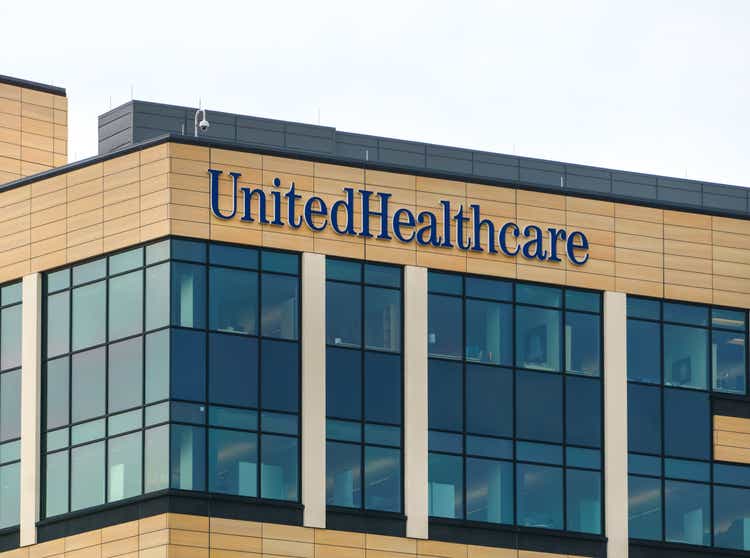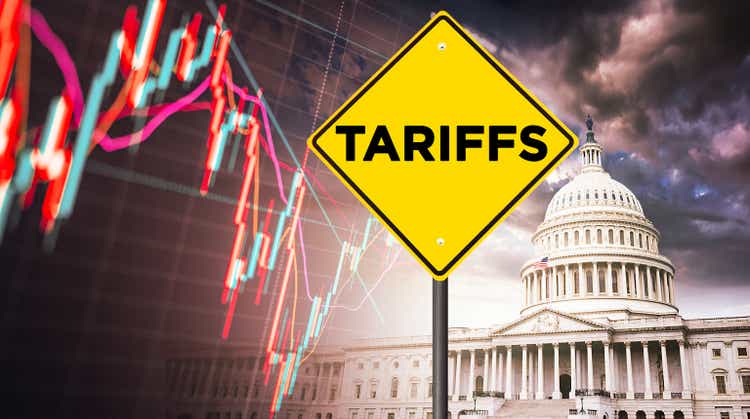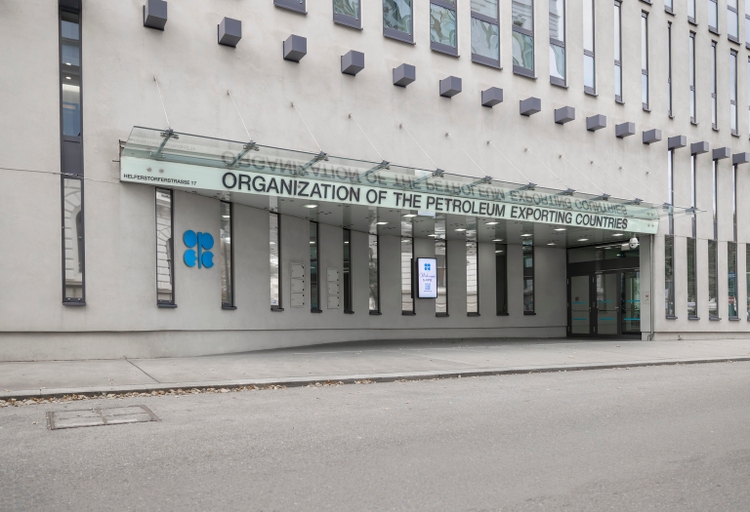Bank of England Governor Andrew Bailey urged the government to strike a deeper trade deal with the European Union to improve growth and “minimize negative effects” of Brexit.
In speech at the Irish Association of Investment Managers on Thursday in Dublin, Bailey said “the evidence on Brexit suggests that the changing trade relationship has weighed” on the UK economy by putting up barriers and hampering productivity.
He welcomed the recent agreement with Brussels to reduce border checks on food, and rejoin the EU’s electricity market and emissions trading system in exchange for 12 years of access to UK fisheries, and called on officials to go further.
The government expects the EU deal to add 0.2% to the level of GDP by 2040, but the boost pales against the 4% overall hit to the UK economy from Brexit, as estimated by the Office for Budget Responsibility.
A recent study by Frontier Economics, a consultancy, found that as much as half of the 4% lost output could be recovered by aligning with EU rules on trade in goods and services without Labour breaking its red lines on no return to free movement of labor, the customs union or the single market.
Bailey said that “just as the Windsor Agreement on trade” struck in 2023 to resolve tensions over the Irish border “was a welcome step forward, so too are the initiatives of the current UK government to rebuild trade between the UK and EU.”
“Just as tariffs, by increasing the cost, can reduce the scale of trade, the same goes for the type of non-tariff barrier that Brexit has created,” he said. “Now to reiterate, this does not mean that Brexit is wrong, because there can be other reasons for it, but it does suggest, I think powerfully, that we should do all we can to minimize negative effects on trade.”
In conversation with Bloomberg TV’s Francine Lacqua at the event, Bailey appeared to reinforce the BOE’s “gradual and careful” approach to cutting interest rates, saying it was unclear how far economic weakness is due to supply constraints rather than demand. Recent labor market and inflation data had been “in line” with what the BOE expected, he said.
Consumer prices grew 3.5% in April, up from 2.6% and just above the BOE’s 3.4% forecast. Private-sector wage growth meanwhile slowed in the first quarter to 5.6% but remained well above the level the BOE deems compatible with keeping inflation at the 2% target sustainably. Markets have since cut their rate bets from close to two reductions to just one more this year.
‘Grinding Down’
“We have been predicting this hump in inflation for a long time,” Bailey said, adding that policymakers will be keeping an eye on the risk of “second-round effects.”
Services inflation has proved stickier than expected but Bailey said its non-volatile elements were “gradually grinding down very slowly.” The pattern of pay growth slowing to around 3.7% by the end of the year was “intact,” he said, “but we have to keep coming back to it.”
It came as fellow BOE rate-setter Alan Taylor signaled he would back more interest-rate cuts as the economic impact of Donald Trump’s tariffs grows.
“I indicated in my dissent that I thought we needed to be on a lower [monetary] policy path,” he said in an interview with the Financial Times. “I’m seeing more risk piling up on the downside scenario because of global developments.”
Taylor played down the recent uptick in inflation, saying that it was mostly “coming out of one-time tax and administered price changes” rather than “demand and supply pressures.”
Bailey also said the financial system had “stood up” to the turmoil of recent months. “There has been strain in there,” he said, but added: “The last few months would have been wholly worse if we’d been dealing with a fragile financial system.”
In his speech, Bailey also addressed US tariffs, saying the rules of global trade have “broken down” and warning that Trump’s “shock and awe” approach suggests “something has gone wrong with the multilateral system.”
Acknowledging that Trump has a point, he called out China for abusing global trade rules with “around 5,400 so-called subsidy policies” between 2009 and 2022. That was “equal to about two-thirds of all the subsidy measures adopted by G20 advanced economies combined.”
“I do accept that the system has come under too much strain,” he said. “We have to work hard now to rebuild it, and it is incorrect to dismiss those who argue for restrictions on trade as just wrong-headed. We need to understand what lies behind these arguments. That said, I want to get back to an open trading system.”
His criticism of multilateral institutions like the International Monetary Fund, the World Bank and the World Trade Organization stood in contrast to his comments earlier in the year, when he defended the system and said “it is not the job of the IMF to police trade imbalances.”
Governments need to work out how to fix the “rules-based world trade system” to make it more effective again,” Bailey added.
“If it is believed that tariff action is needed to create the shock and awe to get these issues on to the table and dealt with, then something has gone wrong with the multilateral system, and we need to deal with that.”
This story was originally featured on Fortune.com

 1 day ago
1
1 day ago
1






















 English (US) ·
English (US) ·